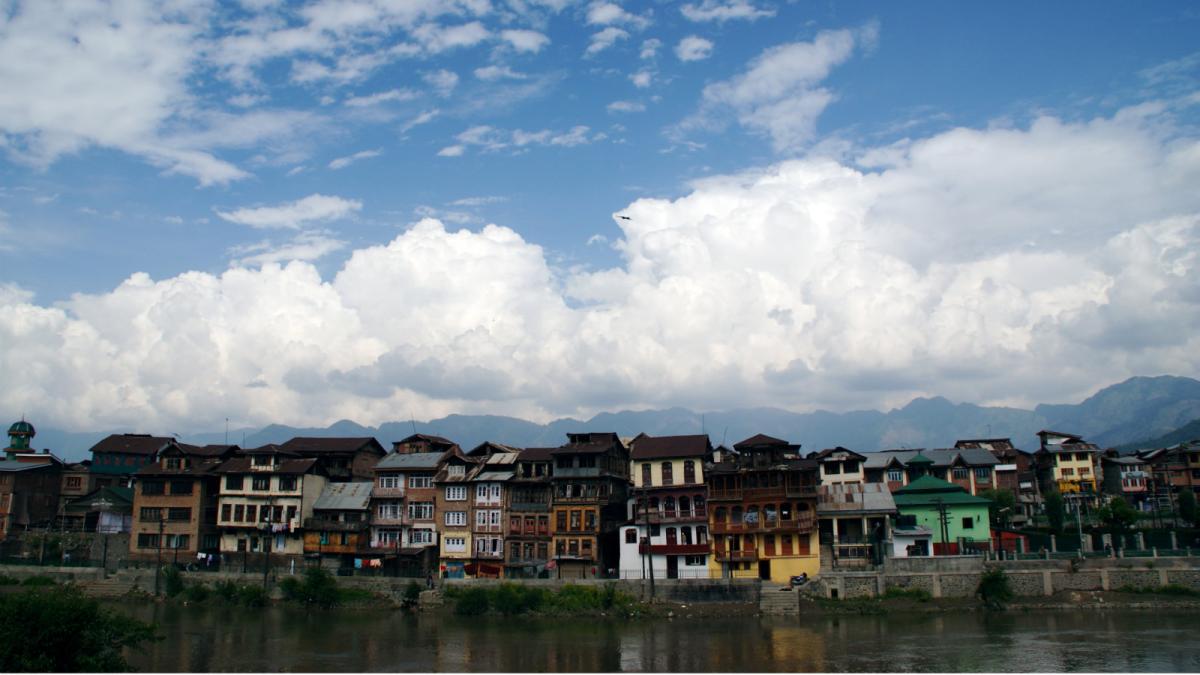Junaid Rashid finally got his father on the phone on Friday. For the previous six days, he had no idea if his family in Srinagar city was safe. Rashid’s family and an estimated 600,000 others have been stranded in India’s flooded Kashmir region for the past week.
“In my 30 years, I haven’t seen a flood like this,” says Rashid, a doctor based in Delhi. An estimated 200 people have lost their lives on the Indian side of the contested border (another 250 or more are estimated to have died on the Pakistani side). As rescue operations continue, the number is only going up.
How can there have been so many fatalities in a region long known to be flood-prone?
It happened because of a combination of urban policy and program failures, says Himanshu Thakkar, coordinator at the South Asia Network on Dams, Rivers, and People.
The flood zones surrounding the waterways that run through the Kashmir region are not clearly demarcated based on how much flood load the river can carry. Because of this, no clearly defined rules or regulations exist about where it’s safe to build. The result is what Thakkar calls “encroachment”... Read more
